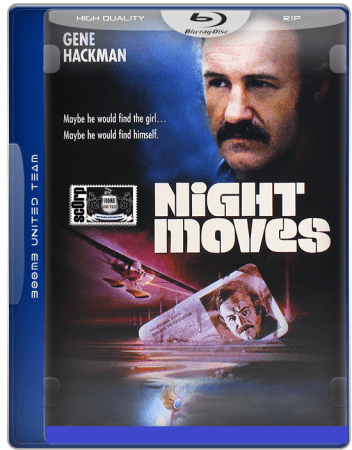

Maybe he realizes that there's no way he can fit into a society that requires your identity to be so open to the public and is so heavily dependent on technology.Įarlier in the movie, before they blew up the damn and they're sitting in that guy's trailer talking about the revolution, Joey says "this has got to make people think, right? We're killing off all of the salmon so people can listen to their iPods every second of the day". Then, as he's filling out the application, he looks into the mirror and sees two shoppers that are both using their cell phones. Prior to walking into the camping store to apply for the job, he disassembled his phone and scattered it around the parking lot. Although, I do think the director intended to leave us in the dark so that we can speculate.and it worked! haha The ending of this was really f*cking with me last night and I finally think I've come up with some conclusions. Can anyone shed a little more light on how the very ending of the film figures into the rest of the story and what it could be trying to tell us or even just what exactly happened there? Or maybe it's just the abruptness and plainness of the ending that confuses me. Did he actually see something in that mirror (did he maybe even imagine Dena)? Are we the audience supposed to see something there too?Įven after the second watch I'm still not sure what to make of the ending or if I maybe even missed something significant. I could get behind Josh's future being left deliberately vague and that might be somewhat fitting to the rest of the film's unagitated yet ominous atmosphere, but at the same time him looking into that mirror made me wonder if anything significant happened there. I don't quite know what to make of this ending. However, when he's about to fill the application form at the clerk's desk, he looks into a ceiling mirror which shows the shop area with a few customers and that's where the film ends. After killing Dena somewhat "accidentally" Josh ends up somewhere in California and casually applies for a job at an outdoor shop, apparently trying to go under the radar. It works as about two thrillers.The ending of Night Moves came a little abrupt to me. By the movie's end, and especially during its last shock of recognition, we've been through a wringer. These are all the trademarks of the Lew Archer novels by Ross MacDonald especially the little-girl-lost theme, and Alan Sharp's screenplay uses them infinitely better than "The Drowning Pool" did - even though that was actually based on a Macdonald book. The plot involves former and present lovers of the girl and her mother, sunken treasure (yes, sunken treasure), conflicts across the generations and murders more complex by far than they seem at first.
#Night moves 1975 x videos movie#
Miss Warren creates a character so refreshingly eccentric, so sexy in such an unusual way, that it's all the movie can do to get past her without stopping to admire.

The mistress is played by a relatively unknown actress and sometime singer named Jennifer Warren, who has the cool gaze and air of competence and tawny hair of that girl in the Winston ads who smokes for pleasure and creates waves of longing in men from coast to coast. And from the moment he sets eyes on the stepfather's mistress, the movie, which has been absorbing anyway, really takes off. Harry traces the missing girl to her stepfather, a genial pilot in the Florida Keys, and goes there to bring her back.

His confrontation with the man, like so many scenes in the movie, is done with dialog so blunt in its truthfulness that the characters really do escape their genre. Harry takes the case, pausing only long enough to track down his own missing wife - who is, it turns out, having a not especially important, affair with a man with a beach house in Malibu.

He's a private detective for reasons, vaguely hinted at, involving his childhood.Ī Hollywood divorcee, clinging to the last shreds of a glamor that once won her a movie director (and half the other men in town, she claims) hires him to trace down her missing daughter.
#Night moves 1975 x videos pro#
He's a former pro football player and a man of considerable intelligence, whose wife ( Susan Clark) runs an antique business. The eye this time is named Harry Moseby, perhaps with a nod toward Hackman's great performance as Harry Caul in " The Conversation," perhaps not.


 0 kommentar(er)
0 kommentar(er)
